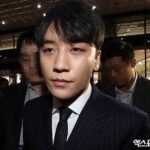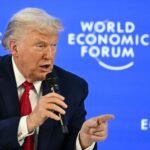I got into K-pop around end of 2016 beginning of 2017 so really like peak 3rd gen K-pop. EVERYTHING was sooo much fun back then!! Idols were able to interact with each other more freely, weren’t too obsessive with having that “perfect imagine”, and the male and female idols could actually be friends in public. Needless to say there were still other cons back then the companies were so strict on phones, dating bans(with certain companies), and obviously couldn’t have their own social media. Even with all that it still feels as if they were more free then compared to how things are now. Nowadays they could make the smallest mistake and all of a sudden they’re canceled and getting kicked out the group? This goes for the music as well!! I feel like the sexy/girl crush concept is dying within kpop. The music used to be so experimental with sooo many different concepts but now it’s almost all the exact same. Girl groups used to EAT UPPP the sexy concept songs… try to it that today?? they would be torn apart immediately!! When did things change and why? It feels like we are going backwards instead of forwards! Like.. everyone was so chill back then what happened? You would think as kpop got more westernized it could be more open but it’s having the opposite effect for some reason. I know South Korea has always been more of a conservative country but when you look back at some 90’s/ early 2000’s kpop👀 it was so scandalous! I just can’t get over the huge difference from then to now.
Maybe it’s because everyone has gotten super soft but damn.. imma need these celebrities to stop giving a fuck and start having fun again!!!
submitted by /u/Objective_Panic_8989
[link] [comments]














